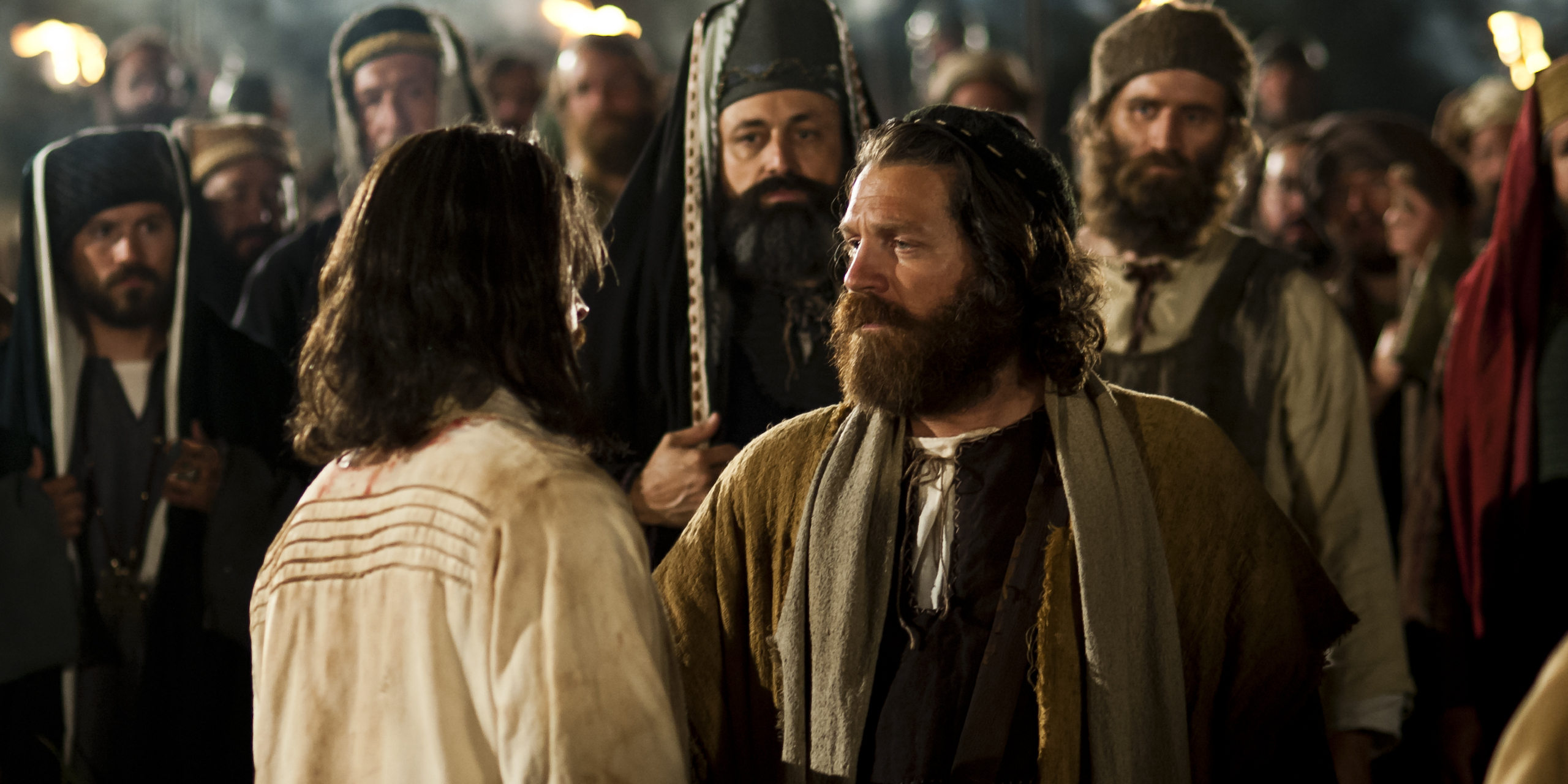
From the DayBreaks archive:
I used to not believe in monsters. Well, let me clarify. I don’t believe in the kind of monsters that have three eyes, breathe fire, and hide under your bed to grab your ankle and pull you down so that they can eat you. But I do believe in monsters.
We live in a world that is truly characterized by darkness. All one has to do is read the paper, look at the pictures, and you’ll see monsters staring at you from the pages or the TV screen. Recently, the state of Florida and the nation grieved the deaths of two young girls who were abducted by malicious, vicious, brutal criminals. You don’t have to look long or hard at the faces of Couey or Onstott and you’ll see a monster staring back at you. Such things as happened to those young girls should never happen to anyone. But they do, don’t they?
And not all monsters have faces. With the death of my sister’s husband, who wrestled with a monster called cancer and lost, two young boys were deprived of the daddy who loved them. And the boys had done nothing wrong, they’d not asked for this, nor did they deserve it. And the monster of death has been loosed in their home with mortal consequences. Now, when they hear the things that go bump in the night, who could blame them for not believing in monsters? Death, disease, cruelty, human depravity, injustice of any kind – these and more monsters run amok, not just during the hours of darkness, but they can reach out and capture us at any time. Yes, I believe in monsters.
Yet the book of Revelation pictures the great Slayer of dragons, who makes war on the beasts, and who defeats them. God wishes to remind us that the monsters will all be captured, caged, and destroyed someday. But not yet. Oh, no, not yet. “How long, O Lord?” my cry joins with that of the martyrs pictured in Revelation. The only answer is, “Not yet. But someday.”
Even things that go bump in the night will answer to the King of Kings and Lord of Lords. For there is nothing that will not be put under his footrest. And he will crush the head of the serpent in the great and glorious morning to come when monsters are no more.
PRAYER: Be our Protector and Defender, Lord! We long for You to strike down everything that is opposed to Your rule! In Jesus’ name, Amen.
Copyright 2024 by Galen C. Dalrymple.








